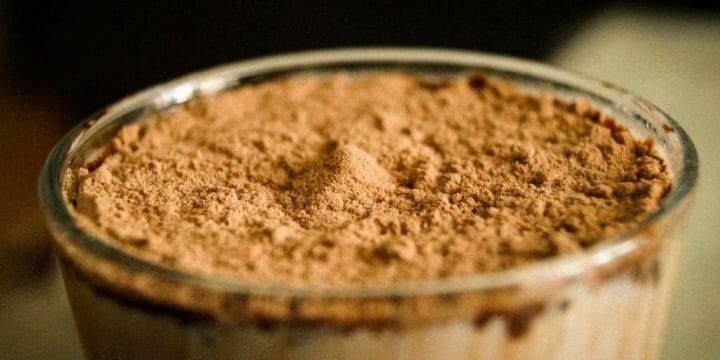Over the years as a fitness trainer, I've tried so many pre-workouts that now I can pinpoint exactly which ones will work and which ones won't.
No matter which pre-workouts I recommend, a question that I always get from clients is this:
Why is pre-workout so expensive?
Today I'm breaking down exactly what makes these supplements expensive, so you too will know which pre-workout supplements are worth it and which ones aren't.
Quick Summary
- Pre-workout supplements are expensive primarily due to marketing strategies and keystone pricing, which significantly increase their retail cost.
- Key ingredients like nitric oxide, creatine, and caffeine contribute to the high price of pre-workouts due to their proven benefits in enhancing athletic performance.
- Based on a study from the National Center for Biotechnology Information (NCBI), nitric oxide supplements can significantly improve athletic performance in young men by enhancing nutrient transport to muscles.
- In my experience as a fitness trainer, while pre-workouts can be beneficial, investing in quality food and natural energy sources often offers more sustainable health benefits.
Why Are Pre Workout Prices So Expensive?
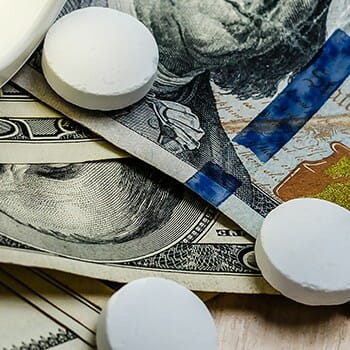
As a seasoned fitness trainer, I've often raised an eyebrow at the high prices of pre-workouts.
After chatting with suppliers and digging a bit myself, it's clear that marketing and keystone pricing are big players.
Here's the scoop: a pre-workout that costs $10 to make can end up costing you $40. Why? The wholesaler doubles the price, then the retailer does the same.
I've noticed this trend across various brands I've recommended to clients.
These steep prices also cover aggressive marketing campaigns, aimed at hyping up the ingredients and their perks.
When two products vie for the spotlight, their marketing showdown inflates the price. And don't forget, the type and quality of ingredients play a part in the final price tag.
Common Pre-Workout Ingredients
Over the years, I've experimented with various pre-workout supplements and noticed a few ingredients that pop up time and again: Nitric Oxide, Creatine, and Caffeine.
1. Nitric Oxide
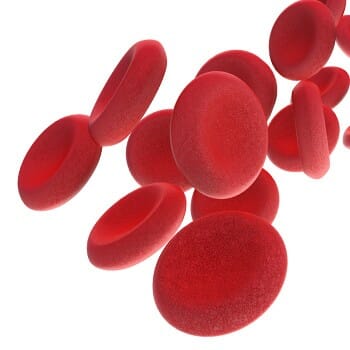
Our bodies naturally produce nitric oxide to improve blood flow.
Pre-workout supplements need the same compounds as the body to make nitric oxide.
The following ingredients support the nitric oxide function in improving the body’s circulation:
- L-arginine
- L-citrulline
- Dietary nitrates
A study by the National Center for Biotechnology Information (NCBI) shows that nitric oxide supplements boost young men's athletic performance by improving nutrient transport to muscles [1]
Besides upping your game, pre-workout supplements offer extra perks. Need a sharp mind and laser focus during intense workouts? Caffeine-loaded supplements are your ticket to mental clarity, helping you ace your fitness routine.
Tired muscles? These supplements can help, making workouts longer and more effective. They're a great pick-me-up for those aiming to hit fitness goals while staying charged all day. Plus, they're packed with vital nutrients and minerals for overall health and well-being.
In short, adding these supplements to your fitness regime ensures your body gets what it needs to perform at its best and stay healthy.
2. Creatine

Another popular pre-workout supplement is creatine.
According to the article published in the National Center for Biotechnology Information (NCBI), It’s expensive because it’s one of the rare supplements scientifically proven to accelerate the growth of muscles [2].
Our bodies can naturally produce creatine and store it in skeletal muscles, where it helps with muscle strength.
It can be bought as a standalone supplement, but it’s also combined with others.
It’s most commonly used by power athletes, such as bodybuilders and weightlifters.
Its benefits include:
- Better recovery time
- Muscle mass
- Improved strength
- Improved exercise performance
3. Caffeine
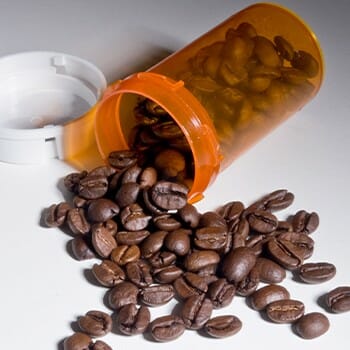
Loads of folks rely on their morning coffee buzz, and that's partly why caffeine jacks up pre-workout prices.
Coffee's a star in pre-workouts for its energy and focus boost. It ramps up fat loss by increasing daily energy expenditure and is ace for muscle endurance and anaerobic performance. NCBI research suggests the best results come from caffeine in pill or powder form [3].
Pro Tip: be careful with caffeine intake, so you don’t build a tolerance to it. For best results, take a serving of 3-6 mg per kg of weight around half an hour before exercising.
I advise my clients to cut their coffee dose in half for 1 or 2 days a week and even try a caffeine-free day. Keeps things balanced.
Is Pre Workout Worth The Expensive Price Tag?
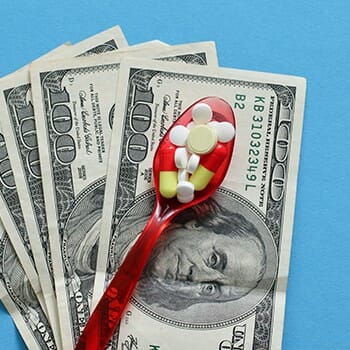
Pre-workouts can be a hit, but watch out for a few things. Steer clear of proprietary blends. These often have hidden ingredient amounts, making it tough to know if they're effective.
The FDA requires listing all ingredients by weight, but with proprietary blends, it's hard to tell if the doses are enough for better performance. That's why pre-workouts might not always be worth it. I always tell my clients: prioritize quality food over pre-workouts.
“I’ll have athletes use a pre-workout only on their heaviest day or when most needed. I find most people tend to rely on a pre-workout a little bit too much.”
- Dr. Mike T Nelson, Exercise Physiologist
While some of them can be worth the cost, a pre-workout has some unworthy content, including the following:
- Artificial sweeteners and sugar alcohols — They make the flavor better but can cause intestinal issues.
- Excess caffeine — Can lead to anxiety, increased blood pressure, and trouble sleeping.
- Quality and safety — In the US, pre-workout content is not regulated by the FDA, which means the labels aren’t always fully accurate.
Can cause diarrhea, dehydration, and headaches — Some ingredients that can pull water and excrete it, which leads to dehydration, which in turn causes headaches. Others can have a laxative effect, which can cause issues if you have a sensitive stomach.
Any Cheap Pre Workout Alternatives?

Try energy-boosting snacks like a banana or a handful of nuts before your exercise session. Another option is to prepare a homemade pre-workout drink using simple ingredients like coffee, beetroot juice, or green tea, which are often more affordable than pre-packaged supplements.
Be resourceful and experiment to find a cheap pre-workout option that works for you. However, if you’re looking to support your workouts with better pump, go with these cheaper substitutes.
- Coffee - Each serving has plenty of caffeine. It’s an excellent way to lower the costs of pre-workout but still get the same value, as caffeine can boost your workout focus and help with fat loss.
- Beetroot - Because it’s high in iron, beetroot juice helps build strong muscles and general organism health. If you want to avoid caffeine, beetroot is the healthiest option out there.
- Guarana - Has high amounts of caffeine, which contributes to lower workout fatigue. According to insights from the National Center for Biotechnology Information (NCBI) study, its effectiveness was proven by a study where subjects who took a Guarana supplement had less fatigue than those who took a placebo [4].
- Green and matcha tea - Green tea extract is amazing for energy metabolism, while matcha tea has 68mg of caffeine and is the best kind of green tea before a workout.
FAQs
Is It Cheaper to DIY Your Pre-Workout?
Yes, making your own pre-workout is cheaper in many cases.
To save on costs, buy in bulk. Also, you can control what you put in it. For example, if beta-alanine doesn’t work for you, don’t include it in your homemade pre-workout.
Are More Expensive Pre-Workouts Better?
More expensive pre-workout can be better, but not always. For example, it can have unique ingredients, which makes its value better. On the other hand, well-known brands will have higher costs due to marketing.
Is Pre-Workout Safe?
Because pre-workout is not regulated, its safety is not guaranteed. Only buy products that were tested by a third party, such as NSF International or USP.
How To Get Pre-Workout for Less Money?
To get pre-workout for less money, you can always buy in bulk (most companies would offer discounts if you buy in bulk) or use coupons. Buying pre-workout, beta-alanine, or whey protein on Black Friday sales can also save you some money.
References:
- https://pubmed.ncbi.nlm.nih.gov/22260513/
- https://pubmed.ncbi.nlm.nih.gov/12945830/
- https://pubmed.ncbi.nlm.nih.gov/20205813/
- https://pubmed.ncbi.nlm.nih.gov/18077056/
About The Author
You May Also Like

